I am developing an sms gateway using jsmpp library.
This is my scenario.
I bind to the SMSC(telecoms company) on 2 connections and receive messages on 2 shortcodes, say 30002 and 30003 , assigned to me by the SMSC.
Then, third party binders(companies involved in bulk sms push) who normally should bind directly to the SMSC bind to my gateway via SMPP connections to my SMPP server(which serves as an SMSC of sorts to them)
The third party binder sends messages to the SMPP server and I capture this messages, queue them and send them to the main SMSC(telecoms company).
The telecoms company then responds with delivery reports and messages from the bulk message reports and other data which I forward to the third party binders.
This scenario has worked well for when I have only 1 third party binder.
But now we want to handle a more general case where we have many third party binders.
Since I have only 2 short codes available on which the SMSC forwards messages to me, how do I know which of the third party binders owns the SMSC response?
I have the unsavoury and inefficient option of forwarding the responses to all connected third parties.
The only other option apart from the above is to get a different short code from the SMSC for each third party binder, which is not cost efficient for my scenario.

